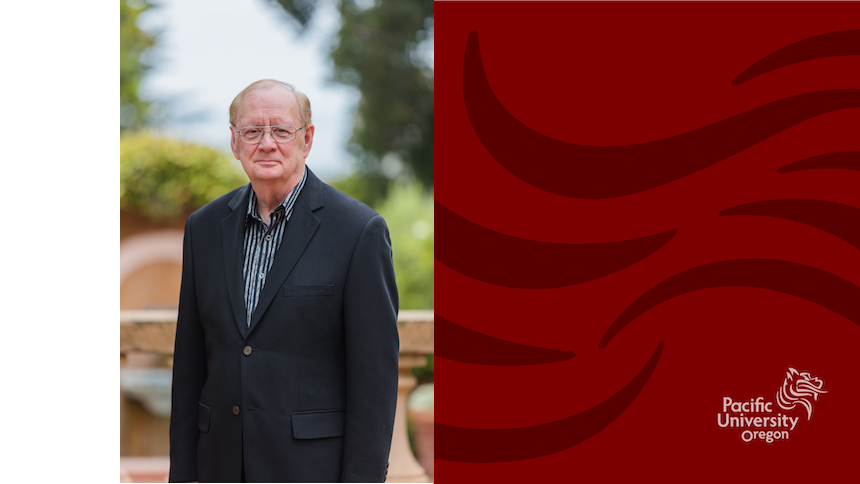Troy Humphreys '00 was elected the President of the Nevada Optometric Association. Humphreys is in clinical practice with eight colleagues, four of which are also graduates from Pacific University.
News, Media and Stories
In Memory: Marcia Braudt '65 and Frank Braudt '64 both passed away due to complications after a car accident. They were married in Sunnyville, Calif., and moved back to Canyonville, Ore. in 1964 where they became active members of the community.
In Memory: William Scott Poxon '83 passed away on Aug. 30, 2019 at the age of 61. He was prided on providing excellent optometric care and making himself available both day and night for his patients.
Students at Pacific are gearing up for Halloween with costume parties but also using the holiday season to promote civic engagement. Some of the events are happening before Halloween so mark your calendars for the following events:
Jeannine Gailey MFA '07 published her book PR for Poets in 2018.
Pacific University students will go door to door in Forest Grove on Halloween to collect non-perishable food to combat food insecurity.
Nestled in the heart of Scott Hall you’ll find the Student Multicultural Center on the main floor. The SMC is a cozy space that feels like a family room with a couch, tables and chairs, a refrigerator, a sink and microwave. Students describe the center as a home away from home that is open to all students, faculty, staff, and parents.
Assistant Head Coach Ian Falconer, who has been with the Boxer football program since its return in 2010, will take over as head football coach at Pacific University at the end of the 2019 season.
Pacific alumnus, faculty member will succeed Dean Jenny Coyle in November.










